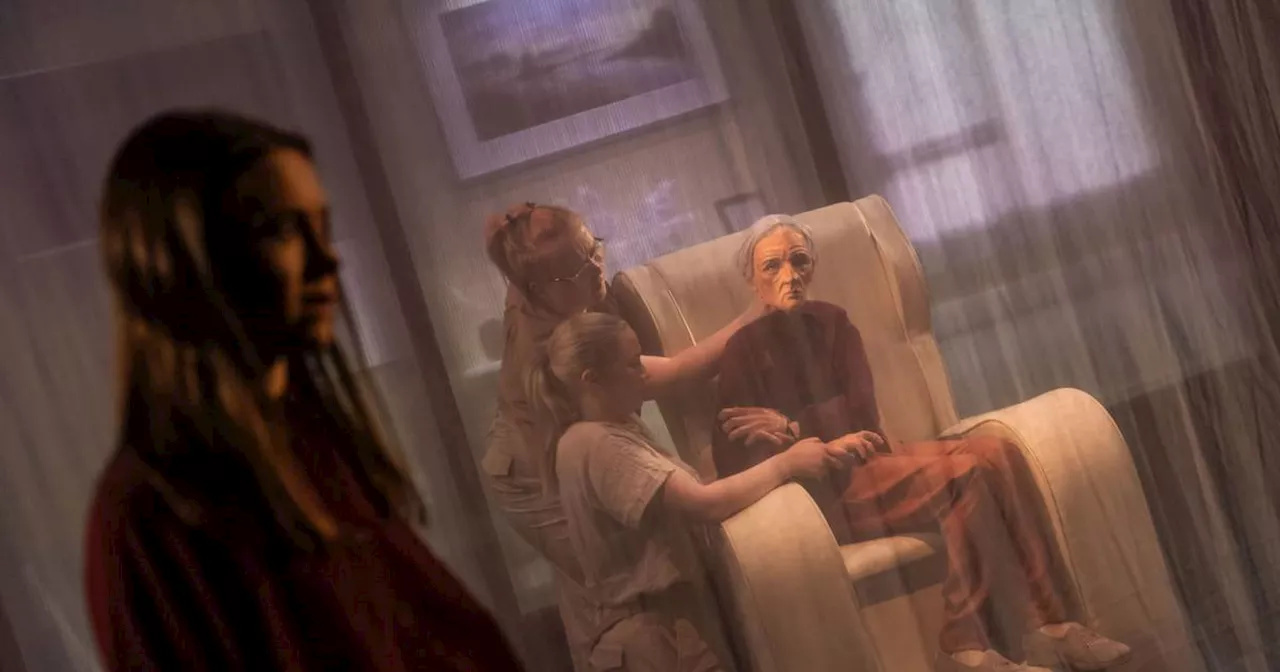Lost Lear uses Shakespeare’s tragedy as the scaffold for a new play that confronts the way we deal with dementia
Lost Lear: Venetia Bowe in Dan Colley's production, which uses projection and puppetry to evoke the world of somebody with dementia. Photograph: Ste Murraysays. “Somebody’s doing an Ibsen, they’re going to call 10, 20 people before they call me.” It sounds like disarming honesty, especially when Colley adds, “I know the limits of my creative talents in front of a typewriter and a blank page.
Colley might be the director, but he doesn’t see himself as the person with all the answers. His initial process is “to noodle around with ideas and research. Then, at a particular very early stage, I’ll ask collaborators to come in, usually for about a week of development rehearsals — as many actors as I can afford, and the musician. I might have a scene breakdown or an outline. I’ll set up improvisations and record those.
Lost Lear, which was nominated for four Irish Times Irish Theatre Awards, began with a series of improvisations during the pandemic. To help the play take shape, the Dementia Carers Campaign Network and the Irish Dementia Working Group, which both operate under the auspices of the, introduced Colley to some of their members. “Those groups really helped both me and the actors to understand the experience of dementia from various perspectives,” he says.
He was also struck by the ways people use theatre in everyday life to construct realities for each other. We are all “narrativising our lives, our reality, in a way that makes coherent, comfortable sense”, he says. “Somebody who’s starting to experience dementia is finding the ways in which that story is starting to crack.”
